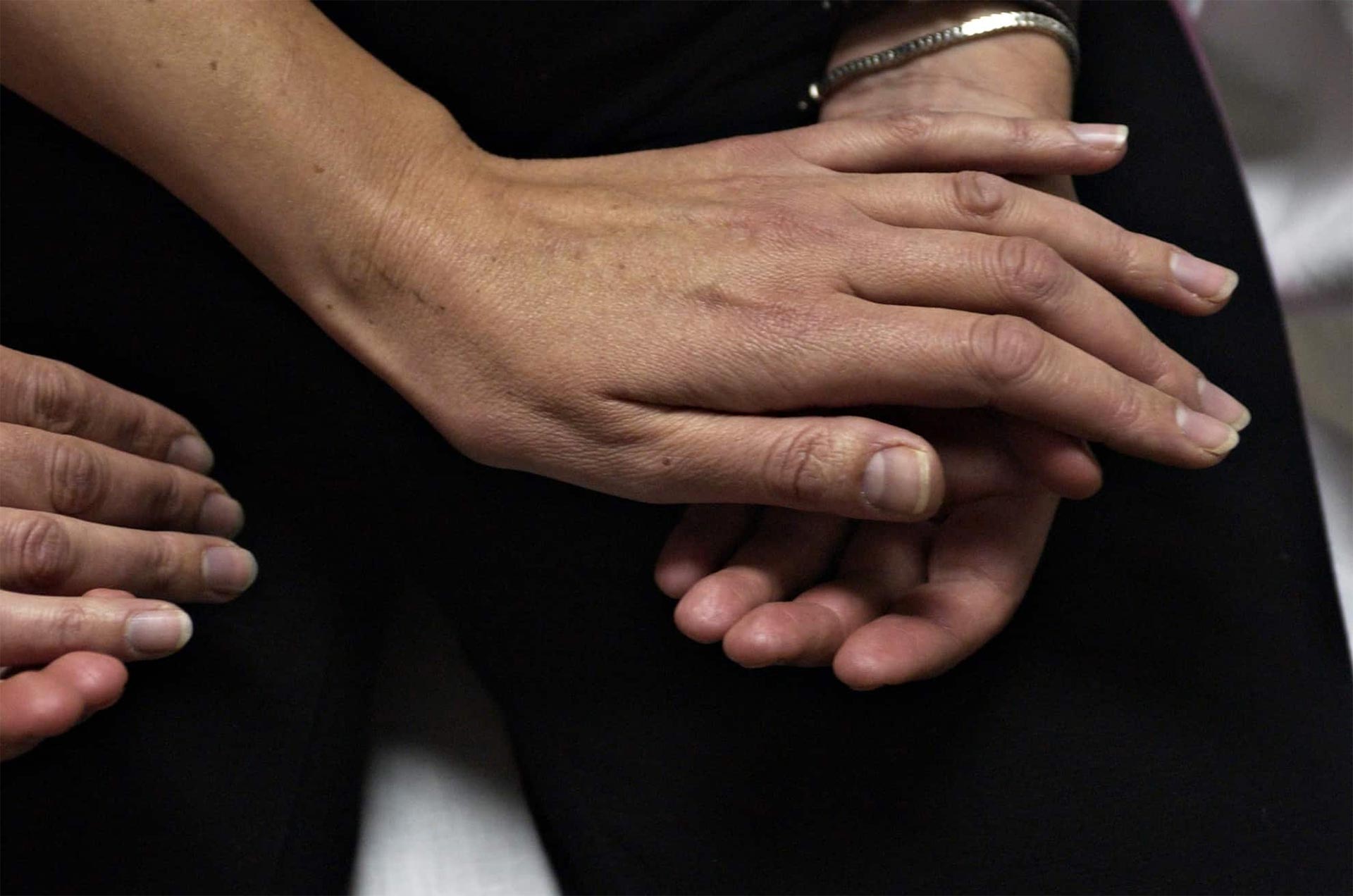We all have our preconceived notions of therapy. My 15-year-old son says “Who needs to talk about their problems…blah, blah, blah…why don’t they just do something about it and fix their own problems!” He cannot YET understand in his innocence how we as human beings sometimes find ourselves in a slump, and as Dr. Seuss says in Oh, the Places You’ll Go, “And when you’re in a Slump, you’re not in for much fun. Un-slumping yourself is not easily done.”
Therapists help people find their way out of the slump they are into a healthier, happier life. If you find your self-struggling with the following issues, it’s time to ask for help.
1. You lose your cool when it’s not cool to lose it.
Mood swings, bursts of anger, panic and anxiety attacks, or frequent bouts of crying are symptoms of a deeper issue. Emotions provide essential information that you communicate about yourself and your relationships with others. It is very normal to feel intense emotions when we experience a threat to ourselves or our relationships. Our brains react with the fight-or-flight response. We either respond to a perceived threat with aggression or fear. The next time you lose your cool, see if you can identify what threat you are responding to. Individual and couples therapy is an excellent way to learn more about what’s going on inside of you when you lose your cool and find a healthier response to your situation.
2. You’re stuck in a rut and no matter what you try, the same frustrating pattern keeps happening.
One of the most common therapeutic issues clients bring into psychotherapy is “please help me get out of this rut that I’m in”. It can be that you are stuck in a bad habit, such as smoking, drinking or recreational drug use, or stuck in a job you hate, or stuck in a dead-end relationship or you are reaching mid-life and realize you want more out of life, or stuck in depression. You are in a slump! Therapy is an excellent tool to get unstuck. Talking with a professional counselor can provide the support you need to get on your way to living the life you want.
3. You’re having a hard time adjusting to or accepting a recent change in your life.
“I don’t do well with change”. Counseling can be a great resource and support for anyone struggling with change. Whether we choose the change or change happens to us, it always creates stress. Some changes are so devastating that we can barely go on, i.e. a debilitating illness, accident, job loss, divorce, the death of a loved one, natural disasters. Some changes are by our own choice and not so devastating, but they cause a great amount of stress, i.e. job change/retirement, having a baby, launching a child into adulthood, moving homes, switching schools, etc. We each have our own individual way of coping with stress, which can cause strife in relationships when those ways conflict. Ever hear that “opposites attract”? In marriage, that is often the case. The research that has come from the Emotionally Focused Therapy movement shows that 80% of the time, partners have a pursue-withdrawal pattern when fighting. One partner pursues the other to communicate and process the conflict, and the other partner withdrawals into silence. Stress can exacerbate this pattern to the point of disconnection and loneliness, which is the opposite of what we need when trying to cope with a stressful change. Therapy helps people recognize their coping patterns and improve their chances to receive the support they need when they turn to their partner or a friend for support.
4. Having a hard time getting along with a co-worker, boss, neighbor, family member??
Is it me or is that person extremely annoying??!! Counseling is the place to figure out why one or two or five people really push your buttons every time you are around them AND how to cope with those feelings more effectively. Gaining an understanding of your emotional reaction to others is the most effective way to control how much someone irritates you and how you react to it. Usually, there are very good reasons you are having a hard time getting along with another person, and psychotherapy can help you identify specifically what is happening and find alternative ways to respond to it. You might just find out it’s not unusual to have a hard time getting along with that particular person!
5. I find myself, my partner, or someone I love abusing drugs and alcohol.
In our culture, drinking alcohol and using substances is a common way people have fun. However, we all know using substances is a very slippery slope. Often, people reach a place where they are no longer able to have fun without using a substance. Research shows that an actual neurological change happens to people who use drugs and alcohol. The change that occurs is that your brain stops releasing the natural “feel good” chemicals that cause you to feel pleasure and happiness. So, it is true that people who abuse substances do eventually stop having fun and feeling pleasure without their drug of choice. This is the slippery slope because now people need the substance to feel pleasure, and in higher doses. In the later stages of addiction, people need the substance just to feel normal! If you are worried about someone in your life who cannot have fun without using alcohol or another substance, therapy is a safe place to explore the options of how to confront the issue and lead a healthier and more fulfilling lifestyle.
